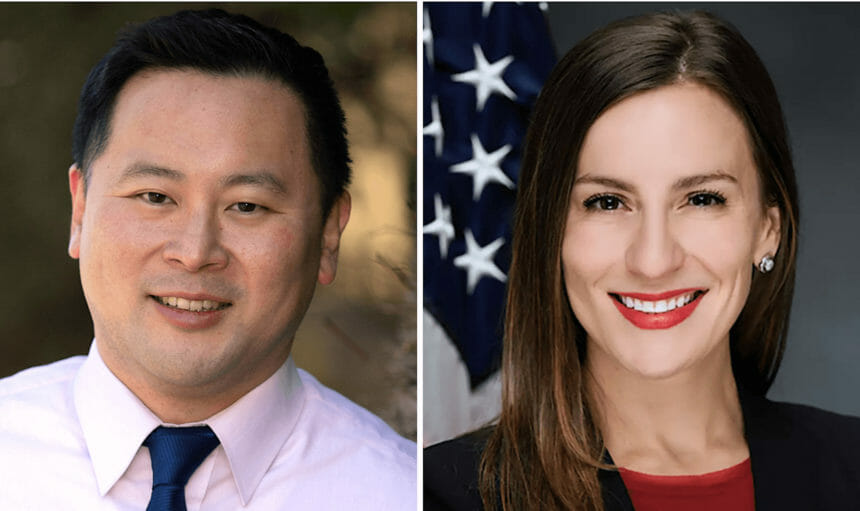
New York lawmakers have introduced legislation to hold senior living communities accountable “for harm and damages incurred” during the COVID-19 pandemic by repealing a blanket immunity law that shielded facilities from legal action.
The bill, introduced by state Assemblyman Ron Kim (D-Queens) and Sen. Alessandra Biaggi (D-Bronx), would repeal protections in the public health law related to the Emergency or Disaster Treatment Protection Act, which provided immunity from liability for “any harm or damages” sustained as a result of providing health care services during he COVID-19 pandemic, unless the act was “willful or intentional criminal misconduct, gross negligence, reckless misconduct or intentional infliction of harm.”
The law, which protects hospitals, nursing homes and other healthcare facilities, including assisted living communities, also shields facilities from lawsuits alleging misconduct due to resource or staffing shortages.
“Repealing [the immunity protection] allows families to pursue a process in which they can be heard and seek corrective actions so their loved ones didn’t die in vain,” Kim said in a news release.
Gov. Andrew Cuomo issued an executive order in March providing immunity, and the law was enacted in April.
“While it is abundantly clear that nursing homes have not received the full support that they need to weather this pandemic, that does not mean we completely strip away their responsibility for the care of our loved ones,” Biaggi said in published reports.
On Friday, Kim and Biaggi hosted a Zoom press conference and memorial “for the 6,000 people who died alone in New York State nursing homes.”
“This has been the hardest period of time in our state’s history. The past three months have been so challenging physically, mentally, spiritually and emotionally, and it’s all related to COVID-19,” Biaggi said during the press conference, which she called an opportunity to “bring a voice to the loss and justice to the loss.”
She acknowledged that the long-term care industry did not receive the resources and support needed from the beginning but said facilities should not abdicate their responsibility for the safety of their residents. By repealing the liability portion of the law, Biaggi said it can provide transparency and accountability for every family who lost a loved one.
“Repealing this provision will allow for every family to be able to hold accountable the facilities that have engaged in negligence, but right now are prevented from doing that,” she said.
Kim, who lost an uncle in a nursing home to COVID-19 in April, said repealing the provision will help in “finding the truth, exposing the truth and seeking some level of justice for loved ones who unnecessarily passed away alone.”
Kim said the state handed senior living and care business executives a “get out of jail free card,” disincentivizing the industry from doing more to save lives. He said discussion about immunity should be done openly in a public hearing with families who have lost loved ones.
“They took that conversation away for us and we should be having that conversation now,” Kim said.
Several other states have passed laws or issued executive orders providing COVID-19 liability immunity to long-term care providers and facilities.




